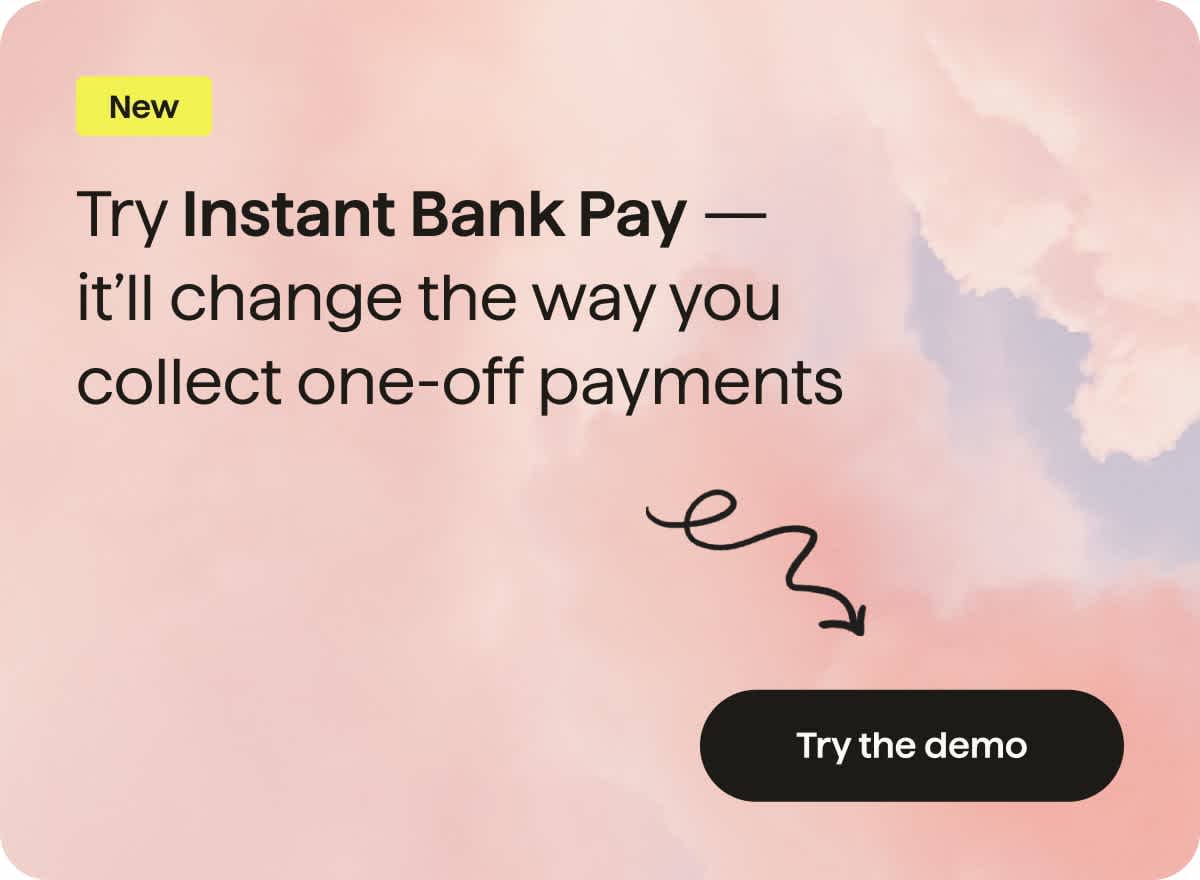Should you be thinking about recurring payment intelligence in a post-COVID world?

Last editedMar 20212 min read
With a growing demand for digital payments and a challenging economy, getting paid is more important than ever.
To help businesses better understand and improve their payment collection, GoCardless Chief Product Officer, Duncan Barrigan joined Sunniva Kolostyak, IBS Intelligence FinTech Reporter, to discuss the role of recurring payments post-COVID-19 on the recent IBS Intelligence podcast. Here are the key takeaways from their discussion.
The adoption of recurring payments is accelerating
The payments landscape continues to change as demand for digital services has grown. But over the course of the last year, the shift has been particularly dramatic. The existing movement towards using recurring payments has been accelerated by the global pandemic.
The pandemic brought with it challenges to the market. The crisis of late payments has had a big impact on businesses. Increases in demand for digital services and recurring payments amplified the necessity for businesses to successfully collect payments.
"In the context of remote working, personally I don’t think we’re going to stay where we are now at all, but I don’t think we’re going to shift all the way back to where we were before either. I think that’s probably going to be the case in payment terms." - Duncan Barrigan, CPO, GoCardless.
Maximising payment success is essential
Payments have a huge impact on how a business operates. For subscription businesses, customers often involuntarily churn as a result of a failed credit or debit card payment. It’s estimated that 30% of customer churn is involuntary. For invoice-based businesses, uncollected payments eventually turn into bad debt.
Payments from credit or debit cards often fail because a card has been lost or stolen, it has expired or the bank rejects the payment. On average, 7.9% of credit/debit card payments fail. Businesses collecting primarily using credit cards experience 2.7x more payment failures than a GoCardless merchant.
By making recurring payments more efficient businesses can reduce churn, minimise bad debt and build better relationships with their customers. Although no payment method is perfect, finding the right one to maximise payment success for a business is essential.
How is recurring payment intelligence making it easier to get paid?
Globally, for four out of five respondents asked by Forrester, the average days sales outstanding (DSO) is over 20 days across their payment methods.
Tackling the issue of failed payments early on, with the use of recurring payment intelligence tools, empowers businesses to be more efficient by reducing the admin burden, the time to get paid and churn.
"Payments are a competitive advantage when you use the right providers" - Duncan Barrigan, CPO, GoCardless.
As the first recurring payment intelligence tool from GoCardless, Success+ combines automation, configuration, and machine learning to take the pain out of collecting recurring payments and improve payment success rates.
Combining automatic retries with a configuration that works best for individual businesses is effective. However, beyond automatic retries, machine learning models use 10 years of data from millions of payments, to identify the day with the highest chance of successfully collecting payments from customers.
The impact of recurring payment intelligence in numbers:
59% of early users said Success+ reduced admin cost.
63% said it improved cash flow.
89% of testers saved time using Success+.
Using machine learning models as part of recurring payment intelligence is key to meeting the growing demand for low failure rates from businesses and providing better experiences to customers.
The future of payments will be closely linked to open banking
In the near future, the evolution and adoption of recurring payment intelligence will bring more efficiencies in payment collection. But new forms of recurring payment intelligence aren’t the only way payments will be changing.
The power of open banking will create better experiences for both businesses and their customers. Innovations made by financial service providers using open banking will bring effective tools that enable more automation and time and cost savings for businesses.
Learn more about open banking and the problems it’s solving.




